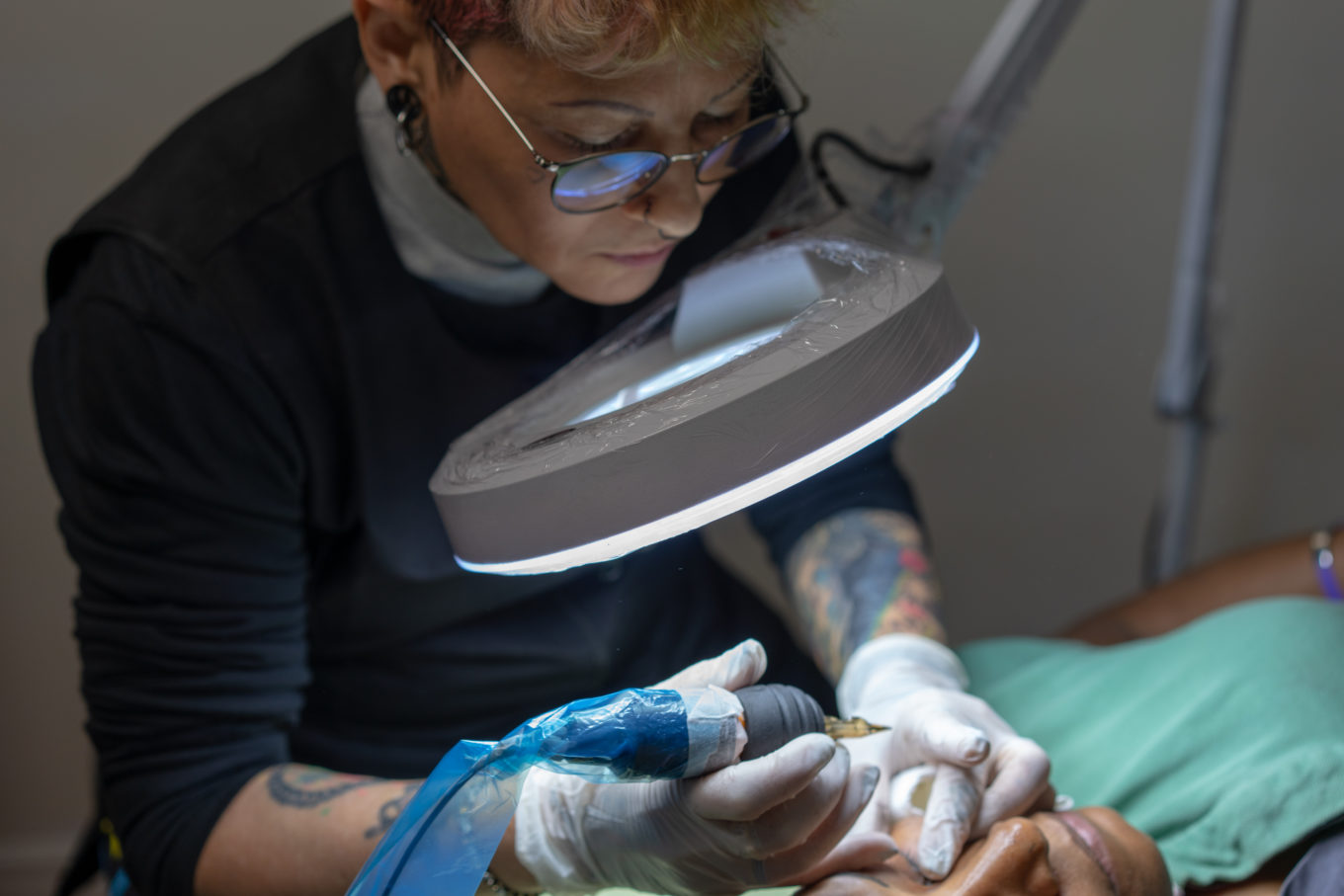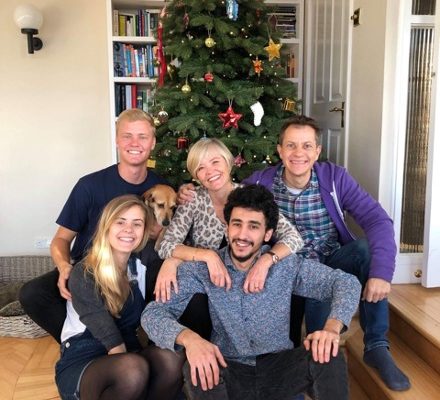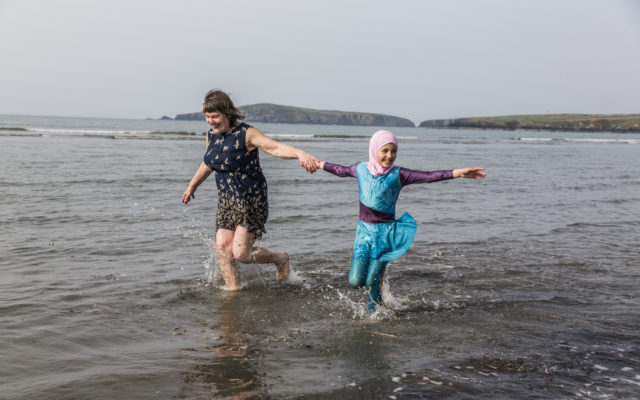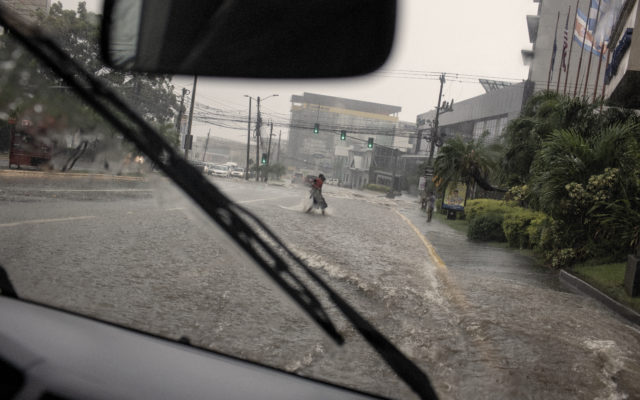© UNHCR/Markel Redondo
Nobody should be forced to flee their home for being who they are, or loving who they love. However, in certain countries LGBTIQ+ persons can face discrimination, persecution and violence, sometimes on a daily basis. Many refugees like Maritza have no choice but to seek refuge elsewhere. This is her story.
Maritza worked as a school teacher in Honduras, but was fired when the school found out she was gay. “I knew the headteacher had seen me with my girlfriend because her car passed us twice. I was really angry. In Honduras, gay people don’t have a life. You spend the whole time being discriminated against.”
Maritza became an activist when her friend was stabbed 22 times. Shortly after police found the body of her friend, who had been killed for revealing she was gay, Maritza heard the news that she would be next.
“Mum called me one day crying,” the 48-year-old recalls. Men had put a gun to her head and said Maritza was a target. “She told me to get the hell out of there.”
The last time she saw her home of Honduras was through a plane window as the airliner set out for Spain in 2008.
Now, over a decade later, Maritza has finally found safety and love as a refugee, with her partner Jenny in Barcelona. The two met online in 2015, when Maritza was at her lowest. Since then, they have built an unbreakable bond and a business together – a tattoo studio, named after her friend who was murdered in Honduras.

Maritza, 48, at work in her tattoo studio in Barcelona.
“I am safe here”, says Maritza. “I have my business, I have my love. Without love, you can’t live. By myself, I don’t think I could have built this.”
Rising numbers of LGBTIQ+ people are fleeing violence and persecution around the world. According to the International Lesbian, Gay, Bisexual, Trans and Intersex Association, 67 countries criminalise same-sex relationships and six apply the death penalty. Even in safety, LGBTIQ+ refugees struggle to find the support they need.
Some, like Maritza, have found that love can give them the strength to heal and rebuild, despite losing everything.
“Jenny found me when I was in a bad situation,” she says. “I had depression and was living in a shelter for homeless people. I wanted to meet someone, but I also wanted to be needed. When we met, I saw her smile and liked her immediately. We have been a big support for each other. I wish we had met 20 years ago.”
—
UNHCR works to try to protect all LGBTIQ+ refugees, asylum seekers, internally displaced and stateless people and works with partners to provide inclusive services, protect their rights and identify safe options.
With your support, we can continue our work and show many more refugees the power of love. Donate to UK for UNHCR today.
For more reports and resources, please visit the UNHCR website.




